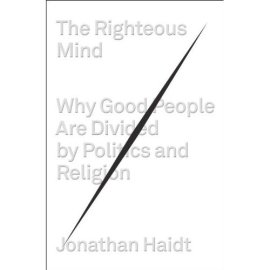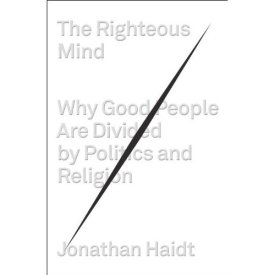Category Archives: Morality
A Great Discussion about Atheism
Below are some links to a really great series of videos from Sunday’s episode of UP, a show on MSNBC hosted by Chris Hayes. This is one of the most thoughtful discussions about the role of atheism in politics and public life that I have ever heard. There are some very intelligent and thoughtful people on the discussion panel including Steven Pinker and Robert Wright. I encourage you to watch as much of it as you can.
Richard Dawkins also joins in for a few of the segments. I have a real problem with his overall attitude and it was interesting to hear some of the reactions to his attitude from the panel. Some disagreeing strongly, others identifying with his more strident take on atheism. I’ve seen the damage that his attitude and incendiary comments have done and the ammunition it gives to conservative religious people, like my parents, so I have a real problem with him.
And also, in one of the later segments a pastor comes out of the closet as an atheist and engages in a fascinating discussion with the panel. I wish there were more thoughtful discussions like this on cable news!
The full show: Sunday’s Show: Atheism
Individual Segments:
Craig Ferguson: Recovering Alcoholic
Thomas, writer on the blog “the quiet voice”, recently posted some thoughts on alcohol and immorality. It made me think of Craig Ferguson, host of the late night talk show “The Late Late Show” on CBS here in America. I love comedians mostly for their courage and honesty and a few years ago Craig had a very honest moment with his audience about his problems with alcohol:
Some of my favorite quotes from the video:
I’ve been sober for 15 years, there is absolutely no way I have a drinking problem. I don’t have a drinking problem! I have a thinking problem.
I’m not advocating temperance. I’m saying this is for me. If I could drink I would drink, but I can’t. You can say to me “drink responsibly”, and I’ll say “I’ll try”. But I can’t. Certain types of people can’t drink, I’m one of them. You have to be responsible for your actions, sick or well. You have to be responsible for your actions, you just have to be! All of us are accountable. It’s your responsibility to deal with the condition that you have in whatever way you can.





